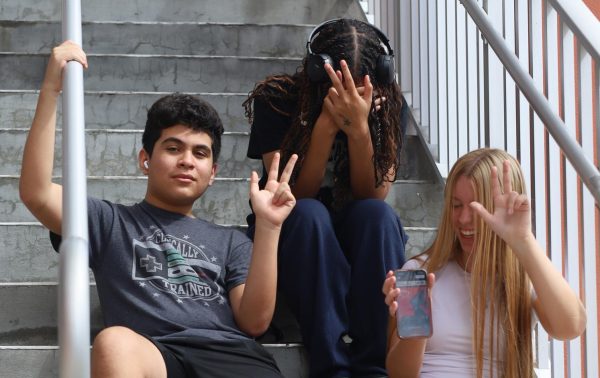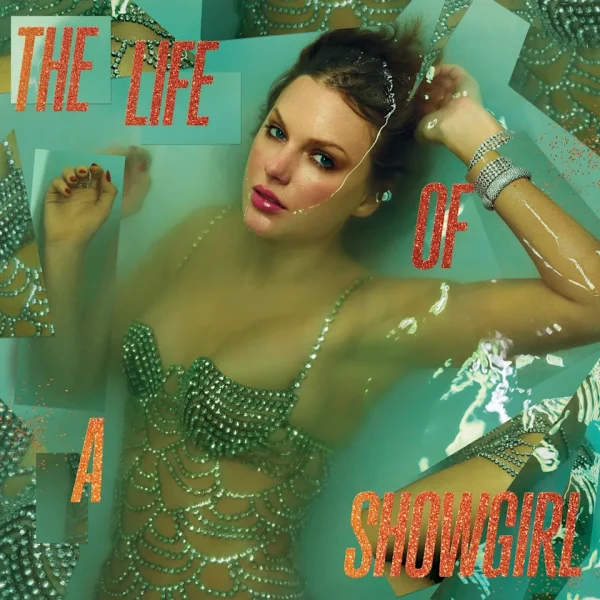Fired Up!
The ongoing French governments attempts to ban Islamic coverings is simply islamophobic, sparking social media outrage.
photo by Bethany Barker
As the home of Yves Saint Laurent, the Eiffel Tower, and all things romance, France has always been the go-to bucket list entry. However, since the invention of the guillotine, it is also known for frequent protesting and rioting against their government. Much of the conflict has been between the French government and the French people; no need for foreigners to intervene.
However, the most recent movement should be a global affair.
In the past week, the French senate has approved legislation that would ban public wearing of hijabs on women under the age of 18. While the National Assembly must approve it for it to be officially enacted, the progress of the bill as well as the success of other bans on Islamic dress is alarming and dangerous for Muslims everywhere. The topic has been trending on Twitter and Reddit, with millions holding French politics accountable.
Since 2004, the French government has been attempting to repress Muslims by imposing restrictions on religious coverings. The Guardian’s timeline of EU policies against Islamic clothing documents the start of debate to ban religious symbols in schools in 2004. Then, former French prime minister François Fillon banned public wear of niqabs (facial veil) in 2011 and former French prime minister Manuel Valls defended the ban on public wear of burkinis (burqa-bikini) in 2016.
The most obvious reason for the justified public outrage is the outright discrimination. Guardian’s decription of the 2004 discussion included dismissal of crucifixes, Jewish yarmulkes and Muslim headscarves from school grounds.
Seventeen years later though, there has only been a ban on niqabs, burkinis and now, the hijab. Somewhere along the way, French politicians pardoned the Jews and the Catholics, and singled out the Muslims. This sends a clear and disturbing message: Islam is dangerous and unwelcome, and practice of it is shameful and should be kept secret.
French politicians and supporters of the current hijab bill try to justify it, using feminism to disguise their cowardly intentions. In April, French senator Bruno Retailleau defended his stance, calling Muslim headwear “sexist,” and oppressive.
Yet, nuns still freely wear their uniform, despite the concept of both hijabs and habits being the same. For many women, these relics represent freedom. Freedom of worship, freedom of expression, freedom of bodily autonomy; the right to wear whatever they want, however they want, as long as they are not harming or disrupting public function. Society champions the right to show skin, but often forgets that women have just as much the right to cover up.
On the premise of protecting children, such legislation is understandable. No religion should be forced upon anyone, especially those that are uneducated and powerless. If one truly believes that religious symbols are too dangerous to show in public, then it is a justifiable reason.
Still, religion is personal and for every child, there is a unique circumstance surrounding them. Some have grown up into the tradition and are content with following it, while some want to go in a different direction.
Except we come back to the principle point: it is only the hijabs. Only the Muslim children will be forced to relinquish their tradition, culture and personal values. The French government has condemned the entire religion on the basis that there have been some dangerous anomalies; just like any other theological belief.
Trying to piggyback off of growing social support for feminism is a poor excuse for blatant islamophobia. The same can be said for defending the bills for the sake of children. The true intent of this bill is to further oppress Muslims and restrict their religious freedom out of severely misplaced fear and paranoia; for that, the French government deserves the full wrath of public outrage and critique.
Your donation will support the student journalists of Hagerty High School. We are an ad-free publication, and your contribution helps us publish six issues of the BluePrint and cover our annual website hosting costs. Thank you so much!












